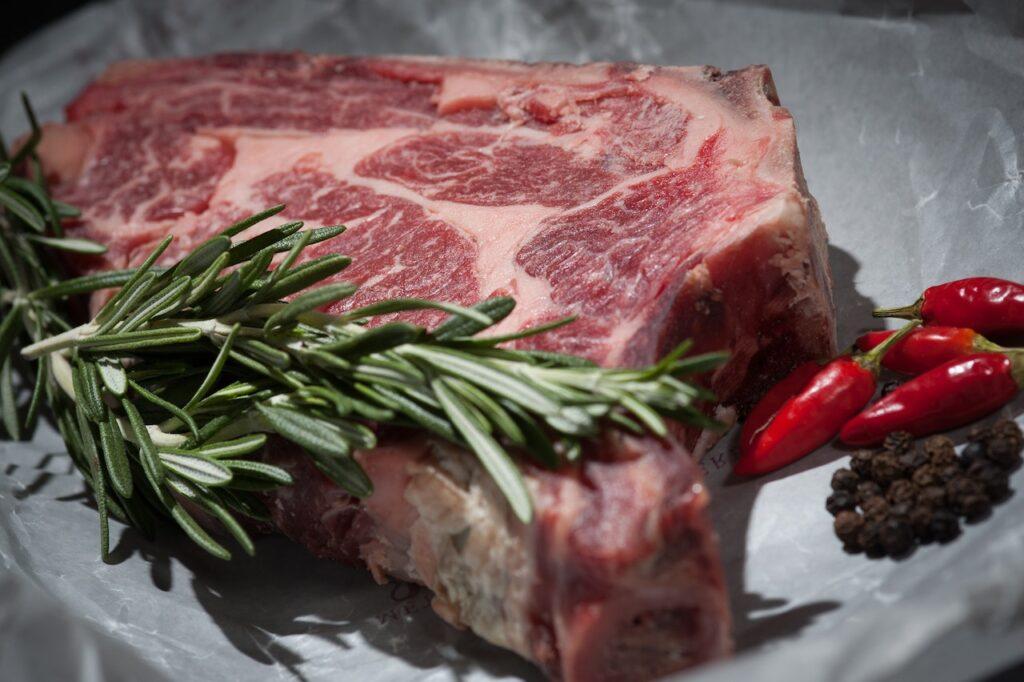The Felgyő slaughterhouse developed a line of meat products containing herbal extracts
Gulyás János és Társa Kft., which operates the slaughterhouse in Fegyő, has developed a line of meat products containing complex herbal extracts, with increased antioxidant properties and a reduced amount of preservatives, with the support of the National Research, Development and Innovation Office (NKFIH), the company informed MTI.

According to the announcement, 365 million forints of the almost HUF 552 million cost of the two-year project were covered by the support of the NKFIH.
The new product line developed by the company’s specialists promotes healthier nutrition thanks to its natural ingredients. The products contain natural flavor correctors instead of artificial ones – essential oils, cumin, bay leaf, coriander, white pepper – and their unique ingredient, resveratrol, increases the flexibility of the vessel walls. This antioxidant compound, which belongs to polyphenols, also improves the shelf life of products.
The development of the new preparations was carried out in the company’s existing plant, without the transformation of production technology, by creating an expanded biochemical laboratory.
Related news
The 8th Meat Industry Professional Day will be held on Shrove Tuesday
🎧 Hallgasd a cikket: Lejátszás Szünet Folytatás Leállítás Nyelv: Auto…
Read more >Beef: Statistics are lagging behind despite a 40% increase in store prices
🎧 Hallgasd a cikket: Lejátszás Szünet Folytatás Leállítás Nyelv: Auto…
Read more >Related news
Nestlé to sell remaining ice-cream assets but commits to Froneri venture
🎧 Hallgasd a cikket: Lejátszás Szünet Folytatás Leállítás Nyelv: Auto…
Read more >Lidl guarantees fairer prices for cocoa farmers
🎧 Hallgasd a cikket: Lejátszás Szünet Folytatás Leállítás Nyelv: Auto…
Read more >40 secure jobs, sustainable solutions – new BURGER KING® in Csepel
🎧 Hallgasd a cikket: Lejátszás Szünet Folytatás Leállítás Nyelv: Auto…
Read more >








